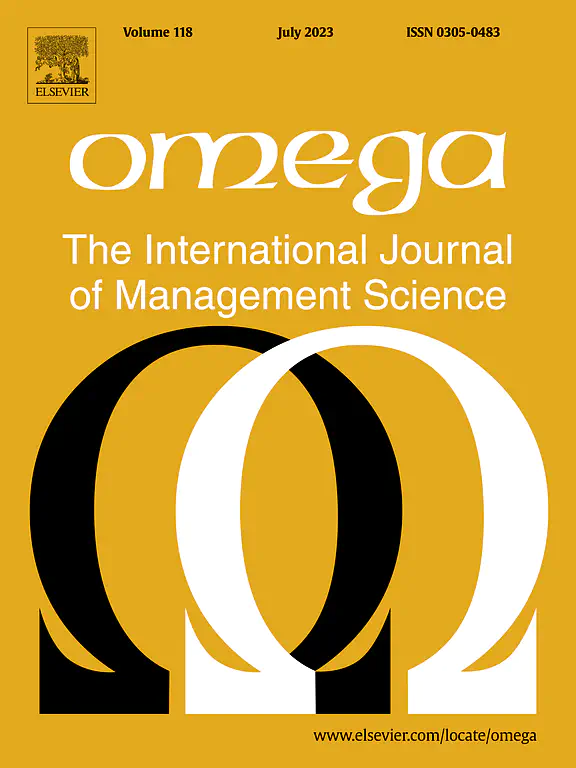
Abstract
The main objective when managing inventories in blood supply chains is to establish an efficient balance between the wastage and shortage of blood units. The uncertain demand and the perishable nature of blood units can result in over- or under-stocking and increase wastage and shortage costs. In this study, we analyze how a proactive transshipment policy can avoid future shortages in addition to mitigate wastage. We consider a network of hospitals with uncertain demand in which each hospital makes decisions on the quantity to order from a central blood bank and to transship to other hospitals in each review period. We formulate the problem as a two-stage stochastic programming model. To generate scenarios, the Quasi-Monte Carlo sampling approach is employed and the optimal number of scenarios is determined by conducting stability tests. We performed numerical experiments to evaluate the performance of the proposed model and investigate the potential benefits of the outlined proactive transshipment. The developed model is used to compare the optimized policy with the current practice in some hospitals in Australia and with a no-transshipment policy. The numerical results indicate significant potential cost savings in comparison with the current policy in use and the no-transshipment policy.